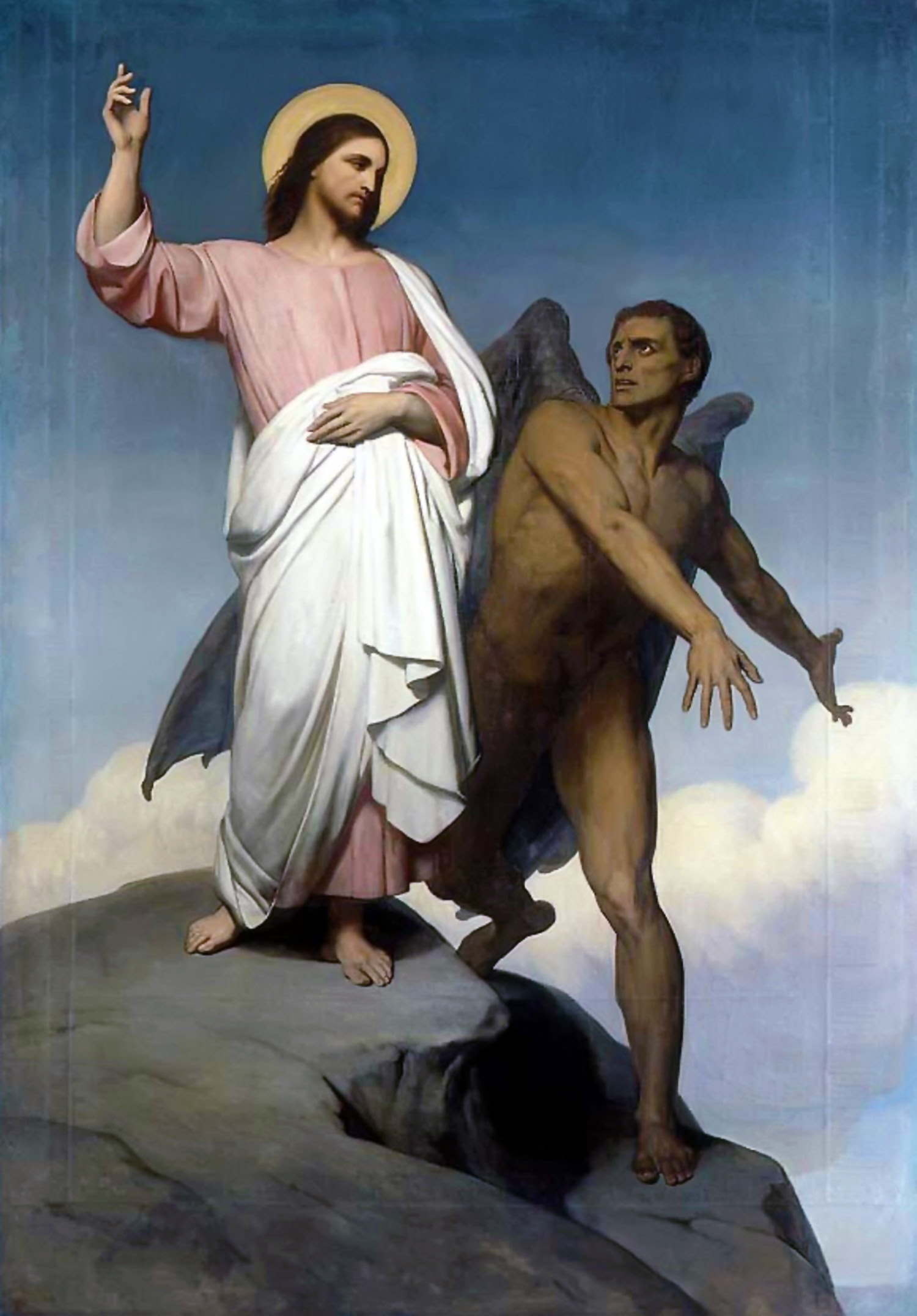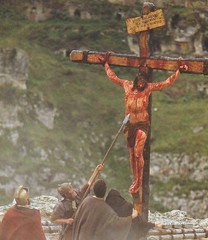 Image via Wikipedthe
Image via WikipedtheThe truth is that the Church of England is imperfect and I must admit that it gets things wrong very often indeed.
The truth is that Jesus acknowledges this tendency in humanity. Put more clearly; “He died that we might be forgiven”.
The truth is that we have a duty to Christ to give to our fellow beings our best. As people of Christ we are called to go further than society might demand and to offer charity; agape, to offer love, the shirt from our back, to go that extra mile.
To hide behind the prevailing societal expectation, indeed legislation, is not an option for Christians in matters of moral behaviour.
To live in a place and quote the laws of that place as adequate justification for doing bad things is to abandon our Christian calling, it is to allow secular powers to govern the actions of us as individuals and the actions of the Church.
In the matter of employment, the Church has to do what the law requires and more besides.
In matters of human rights for all, the church must do what the law requires and more.
In all matters we have to do what our society asks, demands, and then do more!
From the Archbishop to the humble member listed on the electoral role, we frequently fail to live up to this standard. Unfortunately for the humble parishioner, many senior clergy, and too many that are ‘blessed’ with higher office, fail to act in good and honest ways and too often their dealings with people are of low moral quality preferring to protect their own reputations and indeed (very often) prospects.
They will hide behind legislation and perhaps falsify matters, if they are able, in order to protect their reputations. In some cases they prefer to say nothing rather than give false witness, refraining from speaking the truth clearly and openly. Anything difficult and unpleasant is brushed under the carpet and stays there.
This is why the frequent use of ‘confidentiality clauses’ in retirement packages for those long serving laity is so prevalent and perpetuates a veil of secrecy and some degree of fear amongst many corridors of power.
If only we could be more forgiving and listen to one another’s story, to understand that we are weak and none of us the paragons of virtue we spend so much time encouraging everyone to believe we are! The damnation is almost deafening!
This situation in the Church is one that we are all responsible for. We are too quick to criticise and we love to twitter stories that are harmful.
We need to revive the spirit of forgiveness and be more Christ like, to bend the knee and hear the plea of the sinner with compassion and with forgiveness pouring from our hearts by the grace of God.
We must go that extra mile even if it may cost us, even if others call us fools; for Christ.
How wonderful it would be if the leaders we have would be free to do this Christian thing.
Mr C












